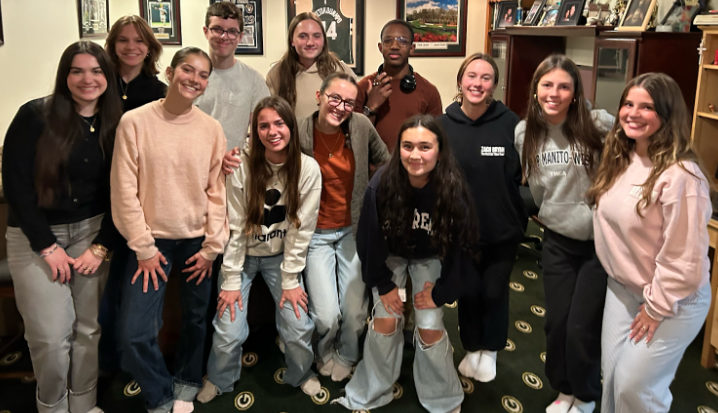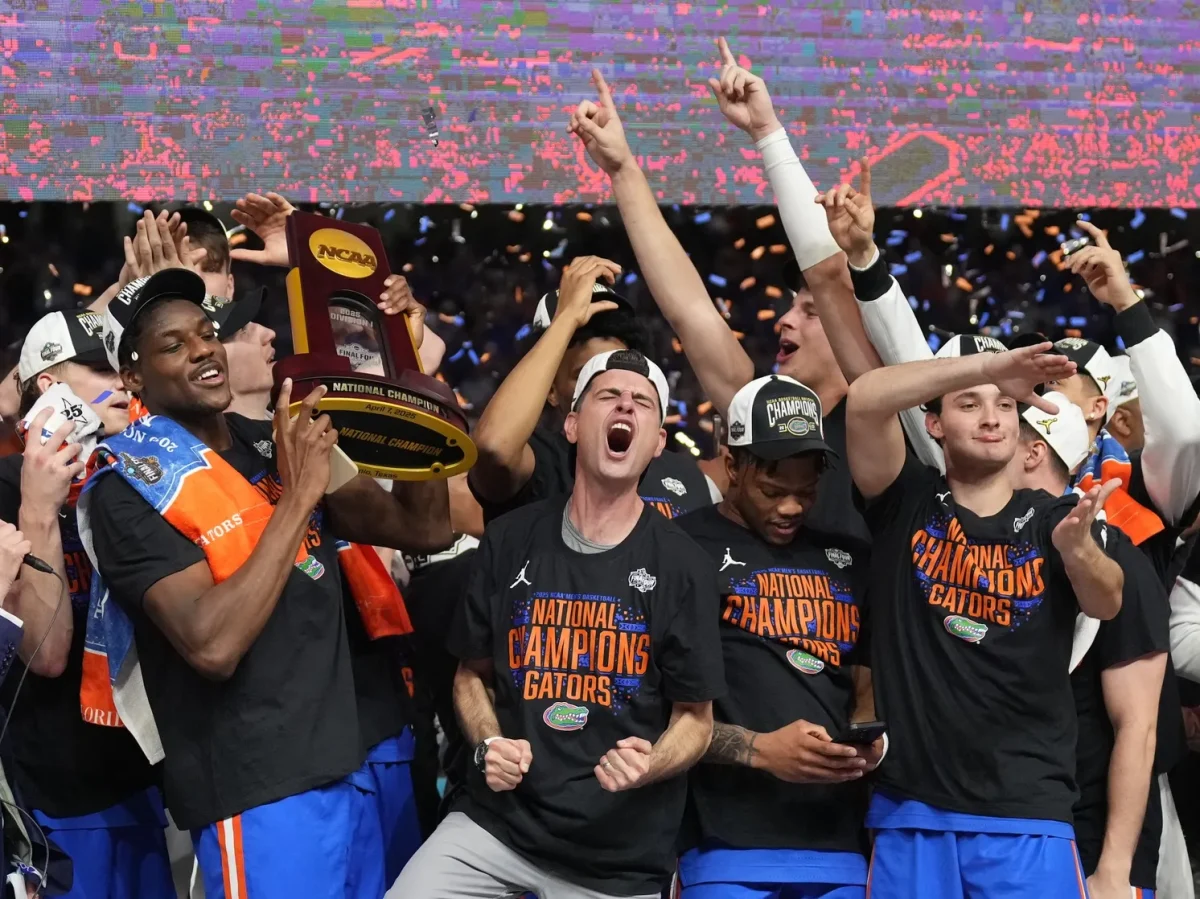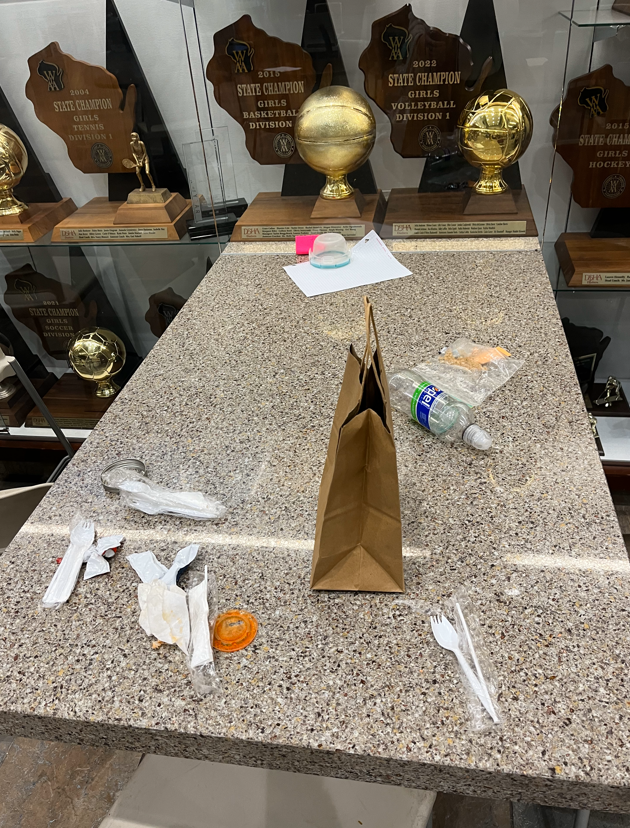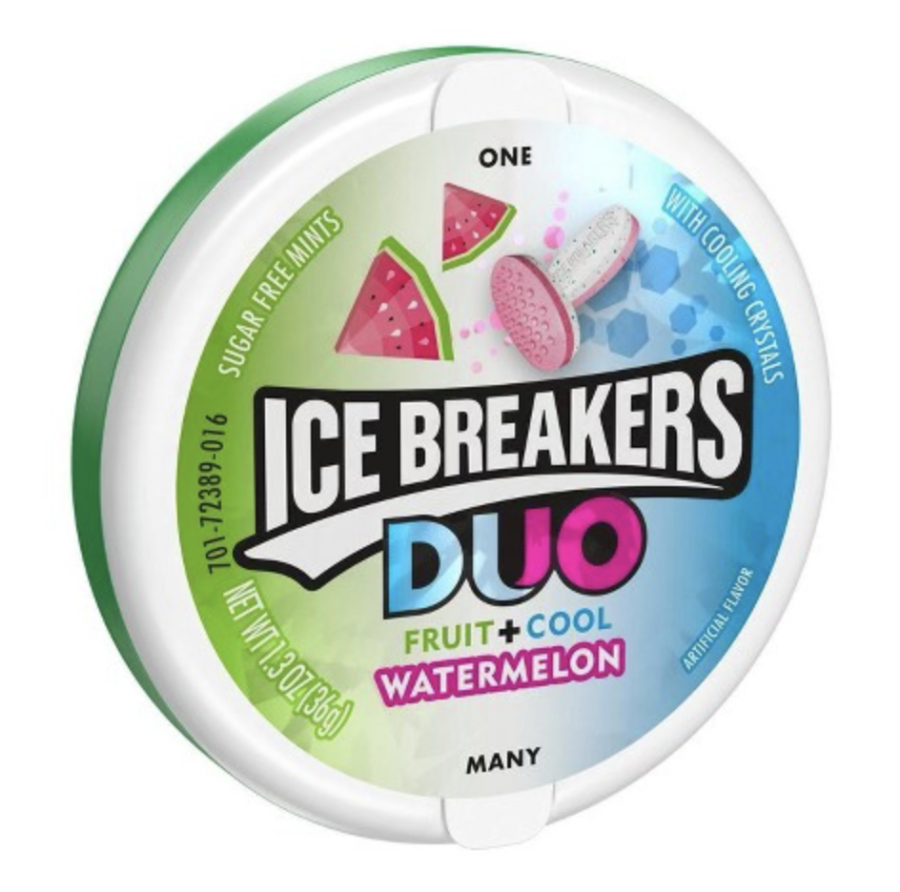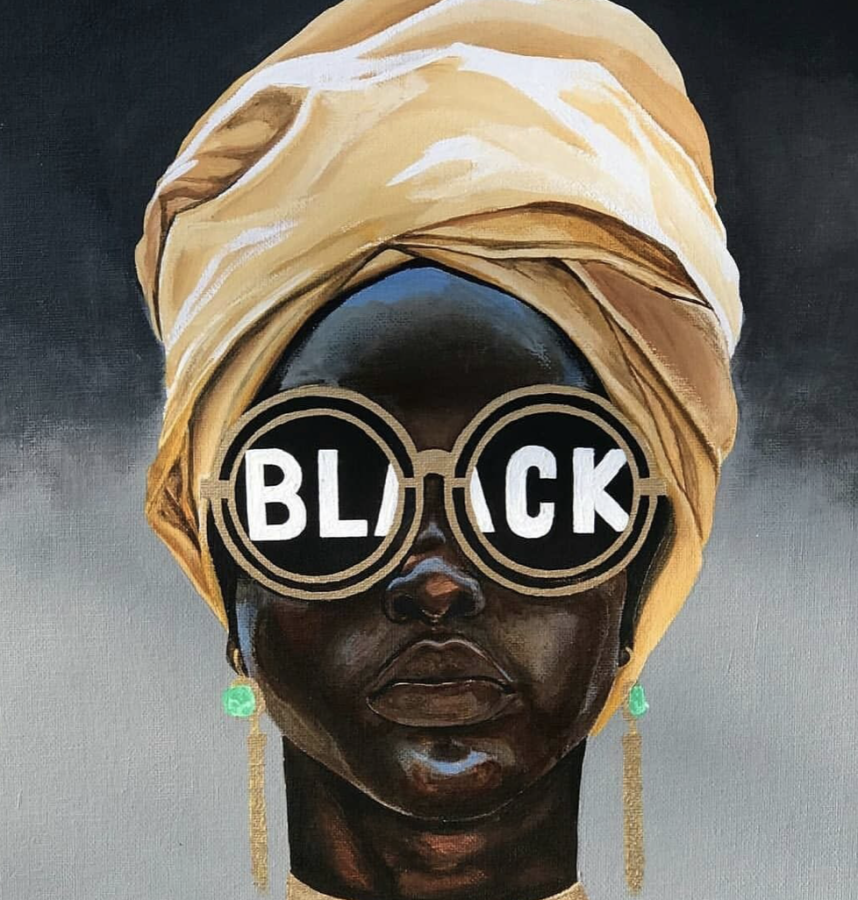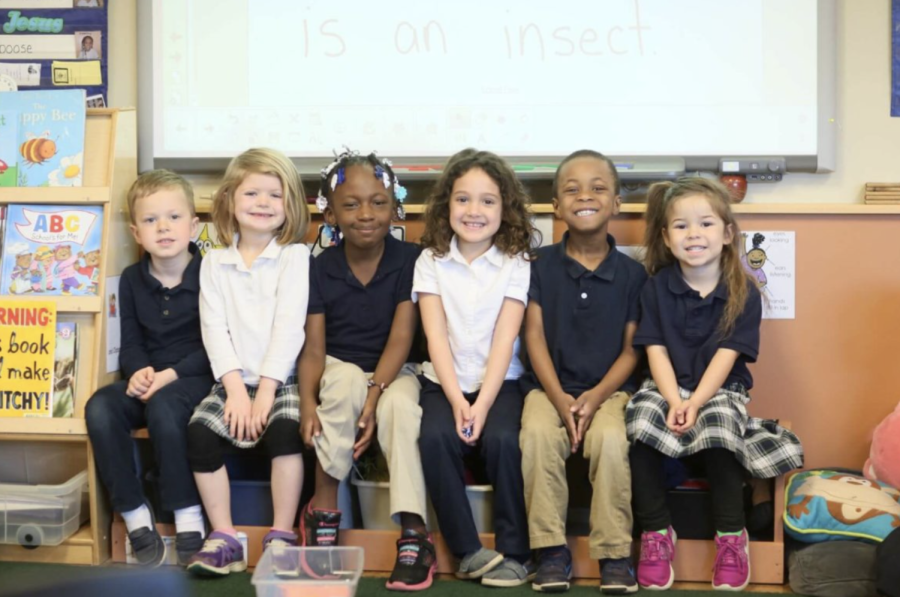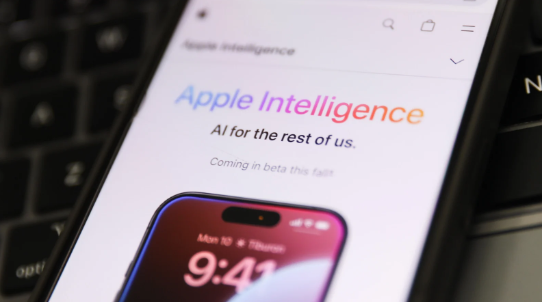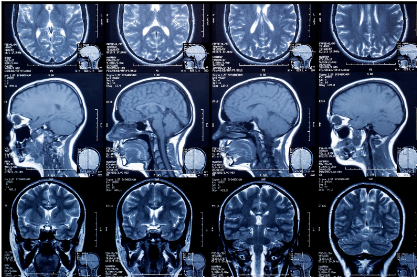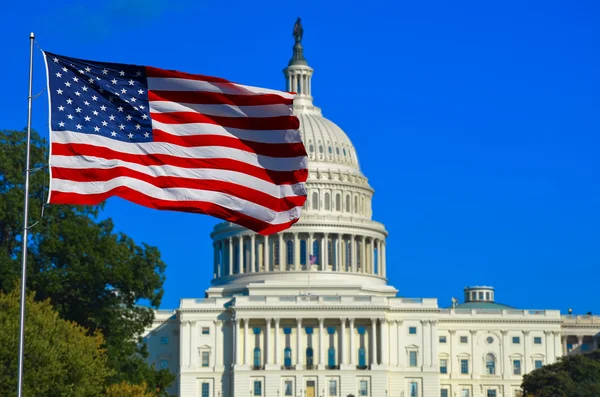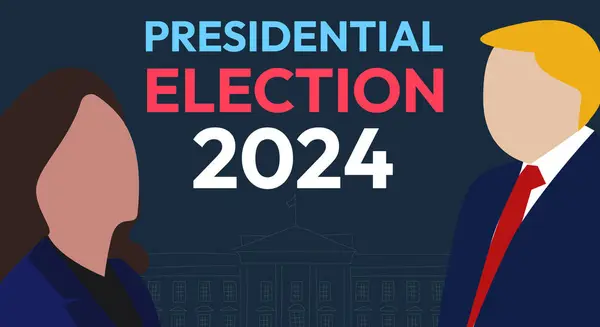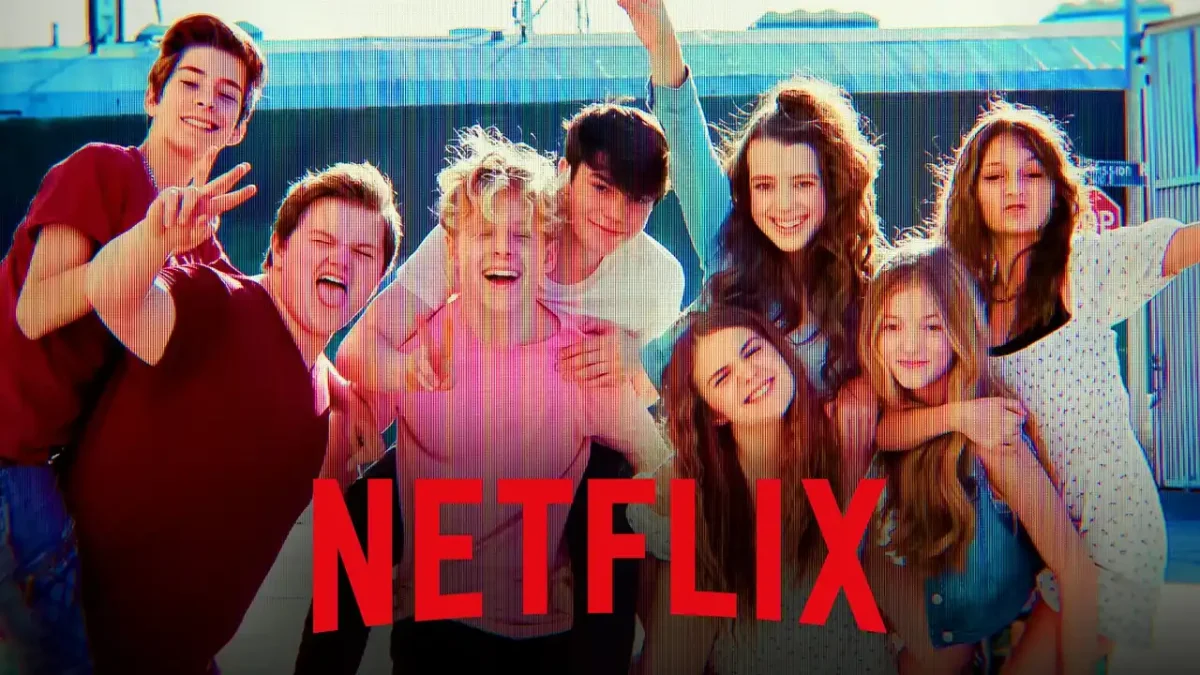67.1 million.
That’s how many people watched the Presidential debate between former President Donald Trump and Vice President Kamala Harris on September 10th, up nearly 31% from the last debate, which inevitably led to President Joe Biden’s resignation from the Presidential race. The last debate, which took place at the National Constitution Center in Philadelphia, was lively, much more so than the one back in June, with both candidates addressing issues while also playing on the offense.
But with a new nominee, many Americans cannot decipher where Harris stands on issues, and several are conflicted on the possibility of another four years of a Trump administration. So, where do the candidates stand on issues? And do Americans feel like Harris successfully introduced herself to the public?
The Economy
The debate began with moderators David Muir and Linsey Davis opening with questions about the economy. In a recent poll from the KFF, more people said they cared about the economy and inflation than any other individual issue.
“I plan to build what I call an ‘opportunity economy,’” Harris quickly asserts after establishing her background growing up in a middle-class family (clearly, hoping to win over an essential block of working Americans). “My passion, one of them, is small businesses. My plan is to give a $50,000 tax deduction to small businesses, knowing that they are the backbone of the American economy.”
“We’re going to raise tariffs and make China pay.” Quickly, Trump turned the conversation back to his Presidency, saying that “China was paying us 100s of billions of dollars, and if she didn’t like them, she should have gone out and immediately cut off my tariffs. The people of our country are dying because of what they have done.”
“Donald Trump has no plan for you because he is more interested in defending himself than he is in looking out for you,” Harris attacks.
“That’s just a sound bite–they gave her that to say,” Donald Trump retorts.
Abortion
In the last few months, Donald Trump’s position on abortion has been unclear. Last month, Trump stated that his administration would be great for women and their reproductive rights. Regarding a Florida bill that would limit abortion rights to 6 weeks in a term, Trump stated that that window was too short, and yet, he prided himself in his term on striking down Roe v. Wade. Trump attempted to clarify his position:
“I believe in exceptions for rape, incest, and life of the mother. We were able to get it so that states can vote on it,” he said, concerning Dobbs vs. Jackson Women’s Health Organization, the Supreme Court case that overturned Roe v. Wade in June 2022. “Every Democrat, republican, liberal, and conservative wanted this issue to be brought back to the states where the people could vote. It’s the vote of the people now, not in the federal government.”
Harris’s response? “Donald Trump handpicked 3 justices with the intention they would overturn Roe v. Wade, and now there are states with Trump Abortion bans, which make it criminal for doctors and nurses to provide health care. They make no exception for rape or incest. That is immoral.” Harris hopes to reinstate the protections provided under Roe v. Wade, and pledges, “I will sign it into law.”
Immigration and Border Security
When discussing the economy earlier in the debate, Trump quickly brought up the detriments of immigration.
“Just look at what they’re doing to our country. They’re criminals. Many of these people coming in are criminals. And that’s bad for our economy too,” Trump claimed early on in the debate.
Harris quickly turned Trump’s pro-border-security narrative against him in the immigration and border security section of the debate. “The United States Congress came up with a border security bill which I supported. It would have allowed us to stem the flow of fentanyl coming into the United States. But you know what happened to that bill? Donald Trump got on the phone, called up some folks in Congress, and said kill the bill.”
David Muir prompted Trump to respond to his reasoning for successfully killing the border security bill; instead, Trump turned to the effects of immigration, and perhaps the most shared moment of the night.
“In Springfield, they’re eating dogs. The people that came in. They’re eating cats.”
Muir quickly corrects Trump, citing the words from the city manager in Springfield, Ohio, that there were no credible claims of pets being eaten. Trump continues to tangent about the millions of immigrants but lacks a concrete plan to lock down the border crisis, and worries about violent crime from immigrants.
“The border allowed criminals. Many, many millions of criminals.” “And we have a new form of crime. It’s called migrant crime.”
Muir interrupts, “President Trump, as you know, the FBI says overall violent crime is coming down in this country.”
Trump shoots back: “They were defrauding statements. They didn’t include the worst cities.”
With a humorous look on her face, Harris smiles. “Well, I think this is so rich.”
World Conflicts
An important block for both candidates is young voters, of which the Institute of Politics at Harvard Kennedy School indicates that more than half of young Americans will be voting in the presidential election. Even more so, the Pew Research Center reveals that a third of adults under 30 say their sympathies lie either entirely or mostly with the Palestinian people. Regarding the Israel-Hamas conflict, the two candidates had to deliver an opinion favorable to this group to win their vote.
“What we know is that this war must end.” Harris asserted. “It must when, end immediately, and the way it will end is we need a cease-fire deal and we need the hostages out. And so we will continue to work around the clock on that.”
Trump, on the other hand, attacked Harris for previously not taking a definitive stance on the conflict, especially concerning funding Israel’s war efforts.
“She hates Israel. At the same time in her own way, she hates the Arab population because the whole place is going to get blown up, Arabs, Jewish people, Israel. Israel will be gone.”
And if he was president? Trump claims the war “would have never happened.”
On a similar note, Trump shifted the topic to the Russia-Ukraine war and continued to proclaim that this conflict would have never happened under his watch.
“I think it’s in the U.S. best interest to get this war finished and just get it done. All right. Negotiate a deal. Because we have to stop all of these human lives from being destroyed,” he states.
Harris then went on to undermine Trump’s claims, referencing his relationship with Putin, and how he said that Putin can do “whatever the hell he wants and go into Ukraine.”
As Harris puts it, “The President of the United States is commander-in-chief. The American people have a right to rely on a president who understands the significance of America’s role and responsibility in terms of ensuring that there is stability and ensuring we stand up for our principles and not sell them for the benefit of personal flattery.”
The Outcome
Of course, several more topics, including climate change, the US occupation in Afghanistan, the Affordable Care Act, among other issues were discussed. But what are voter’s perspectives following the debate? And have their opinions changed?
“I had never really seen anything about [Harris] so I was looking for basically an opinion on her.” Tracy Murdock, and independent from South Carolina states. “So I was rather pleased with some of what she had to say and actually what ex-President Trump had to say.”
This notion remains true for several independent voters, who were still uncommitted to a candidate. Harris out-debated Trump in several voters’ eyes, and in a poll by CNN following the debate, 63% of debate watchers said Harris won. Even so, a poll taken by Cygnal the day after the poll found Kamala Harris leading 49% to Trump’s 47%–a mere 2% ahead.
In an NPR poll, when asked how much the debate would help decide a vote for the presidency, 42% of registered voters said not at all, and 48% were Republicans. Trump’s following is great and unwavering, and Harris’ is new. Despite her positive debate performance, she is an unknown entity to Americans.
“Trump has a strong and devoted base, and the seven swing states — Pennsylvania, Michigan, Wisconsin, North Carolina, Georgia, Arizona, and Nevada — are more conservative than the country at large.” Domenico Montanaro, an NPR political correspondent explains.
It’s impossible to predict what will happen in November, and it’s clear that despite the debate providing clarifications on who Harris is as a candidate and how Trump’s values hold up in 2024, many are set on their choice for president. It’s unlikely the polls will show a large upward tick in either candidate. So for now, all we can do is sit back and wait for November 5th, and see what is to come.





